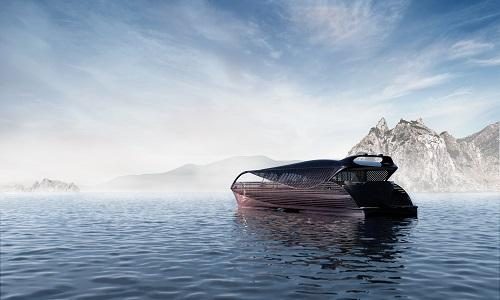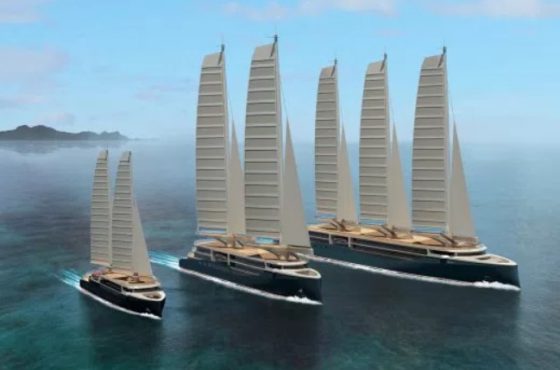Transas CEO: We Have All Been Block-Chained
Companies in maritime operations need to up their game and move to the same high standards as other transport modes, where an incident can lead to a loss of life or an ecological disaster, Frank J. Coles, Transas CEO, said.
“In other words, they need to become High Reliability Organisations (HROs),” Coles pointed out while speaking at Transas Global Conference in Vancouver on March 8.
“HROs in the aviation and nuclear power industries or the space program operate at a level of quality, not a level of acceptable risk. “
According to Coles, the innovation from within the industry is not enough to stave off the disruption from outside the industry.
“We have all been block-chained,” he said, adding that the software boom disregards a fundamental issue, which is the human factor. The key to keeping up with the perfect storm is a change in the attitude to the business and the current maritime culture, technology remains just a patch, not a solution.
“Attitude lies at the heart of our inability to change. We have a real problem with how we regulate the industry,” Coles said.
“Today’s maritime operations and fleet processes continue to be in limbo. We are disconnected from the rest of the ecosystem. The tools are in place, there is an ability to share decisions, information and monitor data across multiple stakeholders, but it is not being done. We confuse logistics with operations, and port information with safe navigation. We have to be able to separate the elements so that the right solution is used for the right problem,” he added.
As stressed, the maritime industry needs an integrated operations ecosystem for the safe navigation of tomorrow’s ships.
” We need professional FORM, with a quality traffic control and monitoring service. We also need to factor into this the human element at a level where it is properly trained, properly equipped and structured in a modern way to fit the model.
“If not, the maritime industry will slip further away from the realities of the modern world, the needs of the next generation and the demands of the new shippers,” he added.
Coles insists that modern technology and IoT applications cannot be another layer on top of an old-fashioned business. Instead, a change of the entire business structure of the maritime industry is required in order to speed up its transformation.
“The old-fashioned structures of regulators, clubs, lobbies and representative bodies no longer fit with the new world. Nor do they move fast enough to keep up,” he noted.
Speaking of the future, Coles highlighted that the next generation will not put up with such an archaic business or tolerate its structures. They will have no inclination to work in an unconnected environment or an environment that lacks safety.
As such, the maritime model is in dire need of transformation to be ready to meet the challenges of digital disruption.
“The disruption has begun. We just need to remove the final roadblocks. As the dinosaurs are removed the new dawn will take shape,” Coles concluded.
Source: www.worldmaritime.com




